More About Me
Gaze too long into the navel and the navel gazes back

A long time ago in a galaxy far, far away (okay, Pomona, California)
I am born to two quiet Lutherans (is there any other kind?). Garrison Keillor is right: We do not go for whooping it up, or a lot of yikkety-yak.
For the next
18
years …
My parents raise me. They model virtues: honesty, humility, integrity, moderation, and faith. They provide a true foundation. It is a lodestone. It has gravity. It pulls me back to the path when I wander into the wilderness. Another gift: each summer we go to a different national park; we visit most of the states, taking in the breadth and diversity of this nation; I learn that people in other places do not necessarily live like me, dress like me, or sound like me; and I realize that empathy is the key to understanding people of different backgrounds.
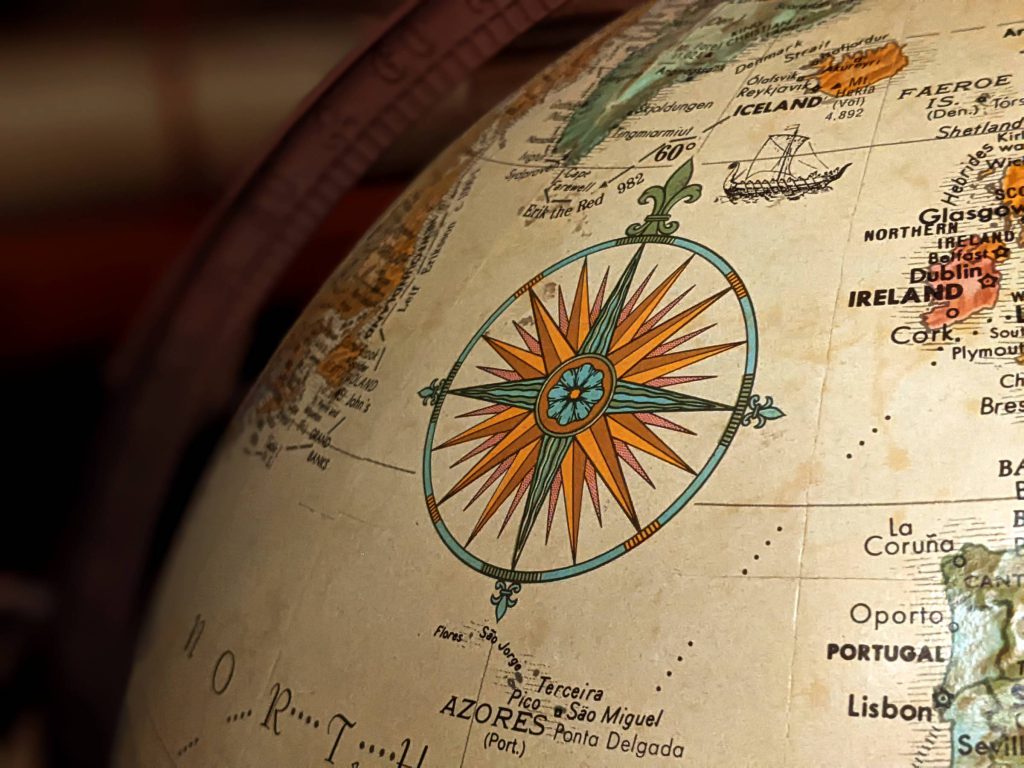
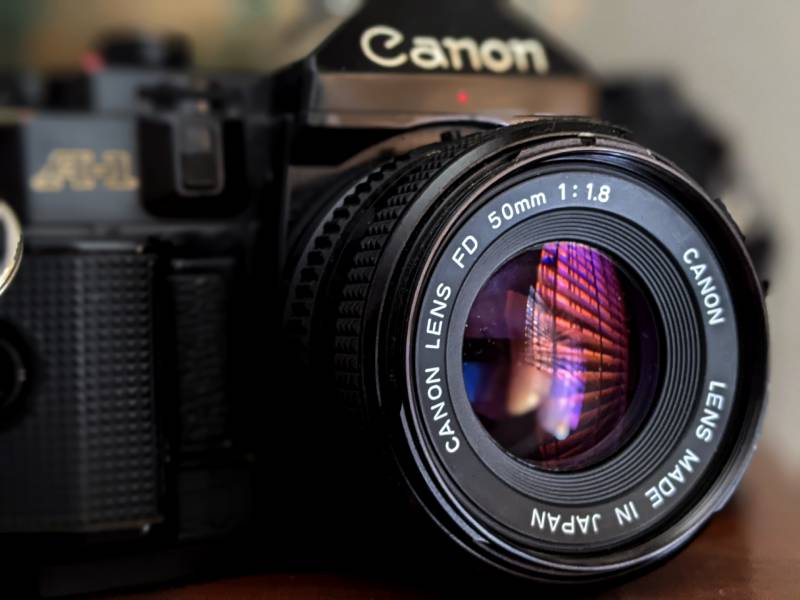
Junior High and High School
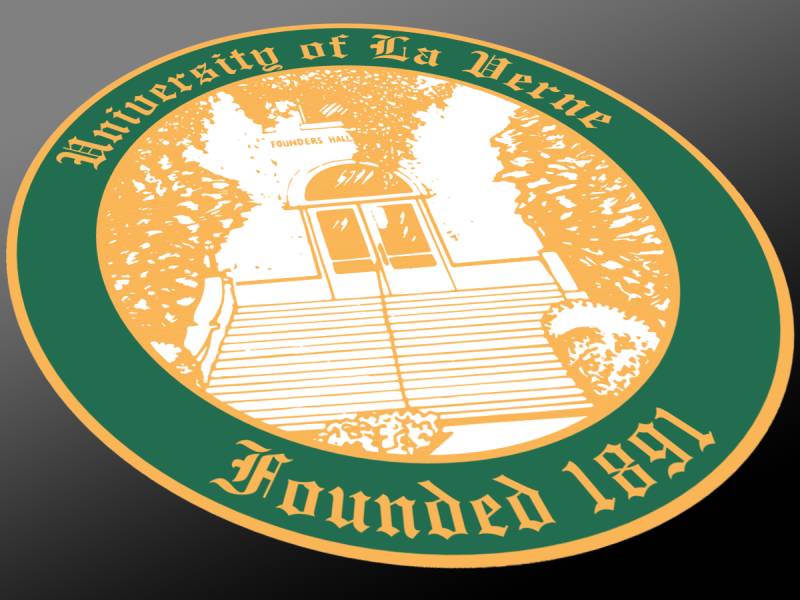
College
The University of La Verne. Its faculty have a crazy idea: focus on the students and teach (no classes led by teaching assistants while absentee professors do research). I study music, learn to sing, and make the acquaintance of literature, mythology, theatre, and so much more. I realize that I don’t want to believe what my parents believed just because they believed it, so I turn to C. S. Lewis and find that faith and reason, far from incompatible, are inextricably intertwined.
Grad School
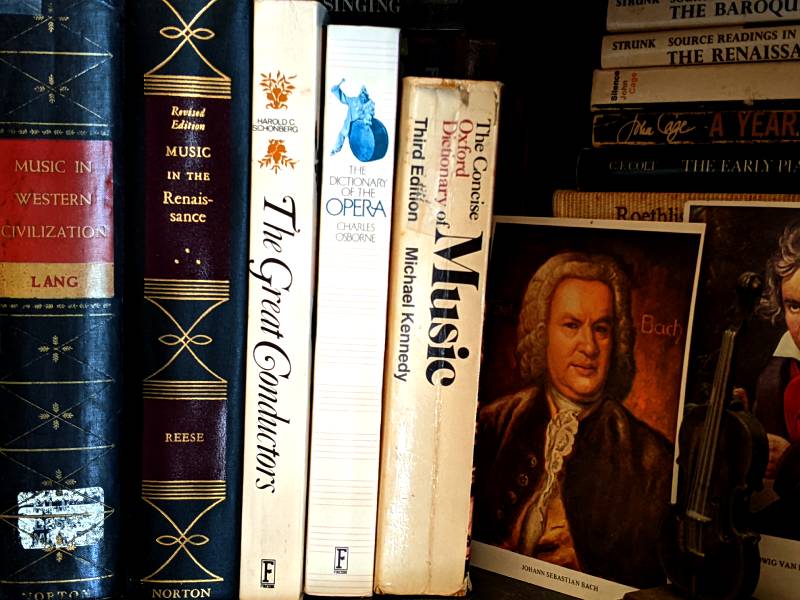
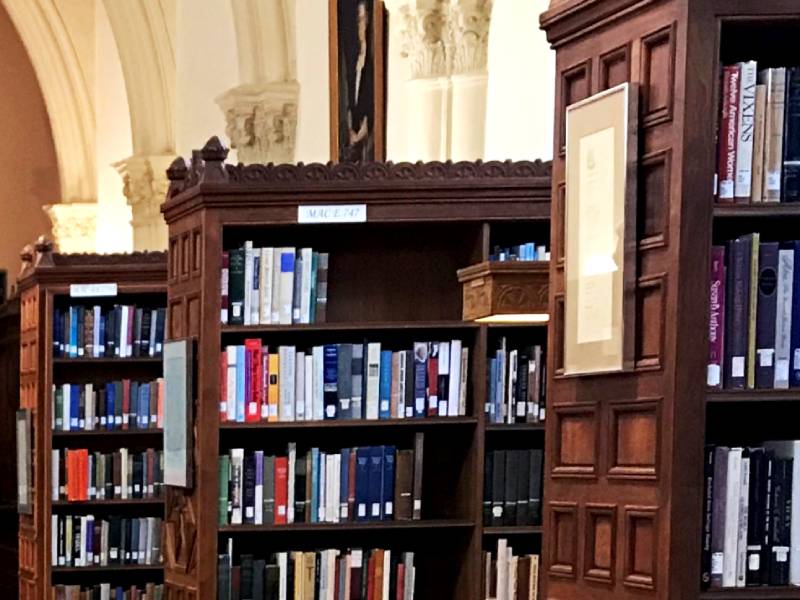
Claremont Colleges Library
I begin my career—and get married and become a parent, renewing my life’s course. I put my photographic background to use imaging rare books and manuscripts and build my first exhibition websites. This leads to website design and administration. I discover web usability and embrace user-centered design, evaluating designs by observing people interact with working mock-ups. I also do some writing for Claremont library publications that reach out to students and faculty.

The Claremont Colleges Services (TCCS)
TCCS is parent to the library system, and I am given the position of overseeing all TCCS websites. This provides many more opportunities to explore UX/UI design; and I become attuned to accessibility issues through collaborations with web designers at the colleges. Because the management of our websites touches many people (mostly within IT and Communications) I write extensive documentation detailing the structure and coding behind TCCS’ web presence; and I do other writing as well, authoring a cyber security informational campaign for the campus community.
Sabbatical, Family Care, Pandemic
When my parents died, they left a house with a half-century of accumulation that needed to be cleared out before the home could be sold. For most of a year I deal with this—full time. Then my wife gets the diagnosis; I pass on opportunities so I can see her through surgeries and radiation. Just as she has recovered and is out of the woods—and I am working toward re-engaging with my career—the pandemic hits and the economy shuts down. Even so, I bolster and expand my skills through online classes.


A New Chapter
I am excited to embrace whatever opportunities present themselves. To adapt an old movie tagline, the adventure is just beginning.
“Always read something that will make you look good if you die in the middle of it.”
P. J. O’Roarke
Other Reading
“Don’t believe everything you read on the internet.”
Abraham Lincoln*
(*Joke from a refrigerator magnet.)
“Music expresses that which cannot be put into words and that which cannot remain silent.”
Victor Hugo
“When I’m making a film, I’m the audience.”
Martin Scorsese
“Every now and then a man’s mind is stretched by a new idea or sensation, and never shrinks back to its former dimensions. After looking at the Alps, I felt that my mind had been stretched beyond the limits of its elasticity, and fitted so loosely on my old ideas of space that I had to spread these to fit it.”
Oliver Wendell Holmes, The Autocrat of the Breakfast-Table, Chapter XI
